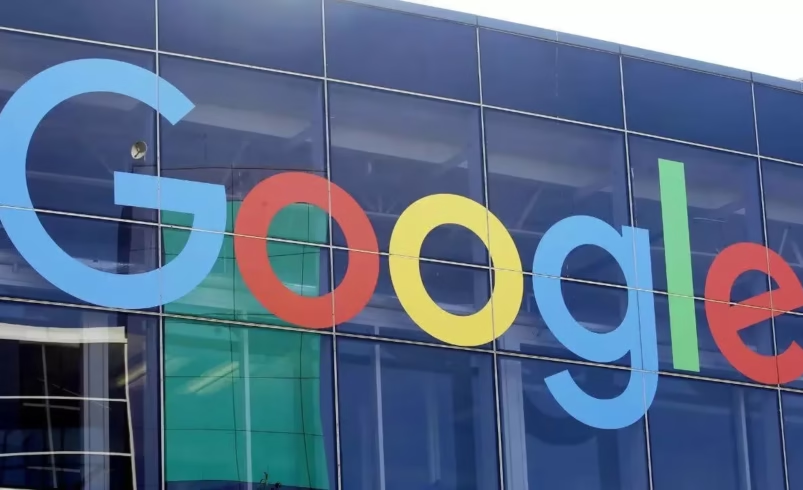Penske Media lawsuit challenges Google’s AI Overviews
- September 14, 2025
- 0

Penske Media has taken legal action against Google, accusing the tech giant of misusing its content in AI-generated search summaries. The lawsuit raises concerns about how artificial intelligence tools are reshaping the digital publishing landscape and their impact on online traffic and advertising revenue.
The lawsuit centers on Google’s AI Overviews feature, which generates summaries of information directly within search results. According to Penske Media, these summaries incorporate material from its publications without authorization. The company argues that by displaying this information upfront, users are less likely to click through to original articles, resulting in a measurable decline in website visits.
Penske Media claims that the reduced flow of readers has directly affected its advertising income and affiliate partnerships. For publishers that rely heavily on digital traffic to sustain operations, fewer clicks translate into fewer ad impressions and lower revenue streams. The company contends that this disruption undermines the economic model supporting journalism in the digital era.
Another key point raised in the lawsuit is Google’s dominant position in online search. Penske Media argues that publishers are effectively forced to accept the terms imposed by the platform due to its overwhelming market share. This imbalance, according to the complaint, leaves media companies with little choice but to tolerate practices that erode their business models while benefiting Google’s own services.
The introduction of AI-generated overviews represents a significant shift in how users interact with search engines. Instead of directing readers toward external sources, these tools provide immediate answers within the results page itself. While convenient for users, publishers argue that this approach diminishes visibility for original reporting and reduces incentives for audiences to engage with full articles hosted on publisher websites.
The dispute between Penske Media and Google highlights broader questions about intellectual property rights in the age of artificial intelligence. Publishers worldwide are grappling with how their work is used by platforms that aggregate or summarize content without direct compensation. As AI tools become more prevalent across industries, similar tensions are expected to surface between technology providers and content creators who depend on audience engagement for survival. In conclusion, Penske Media’s lawsuit underscores growing friction between traditional publishers and technology companies over control of digital content and revenue distribution. The case reflects wider industry concerns about how artificial intelligence may reshape access to information while challenging established business models in journalism and media publishing.